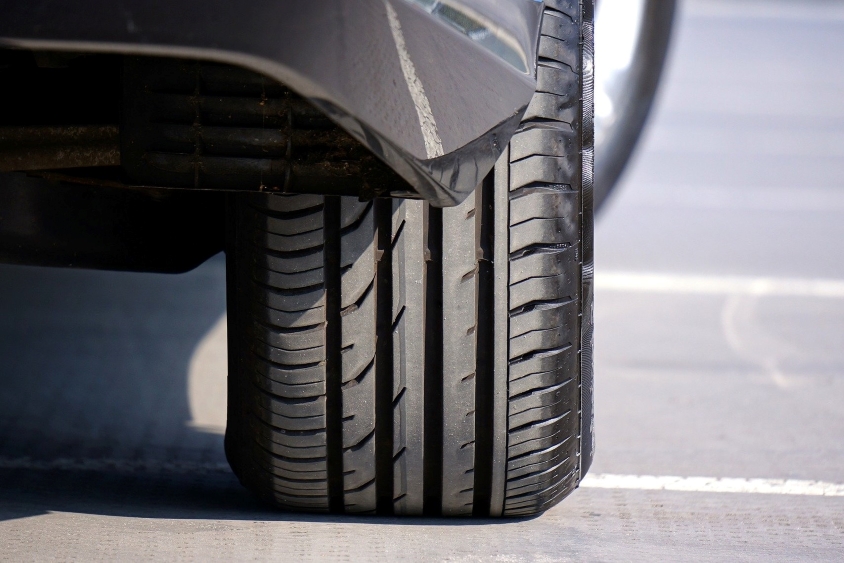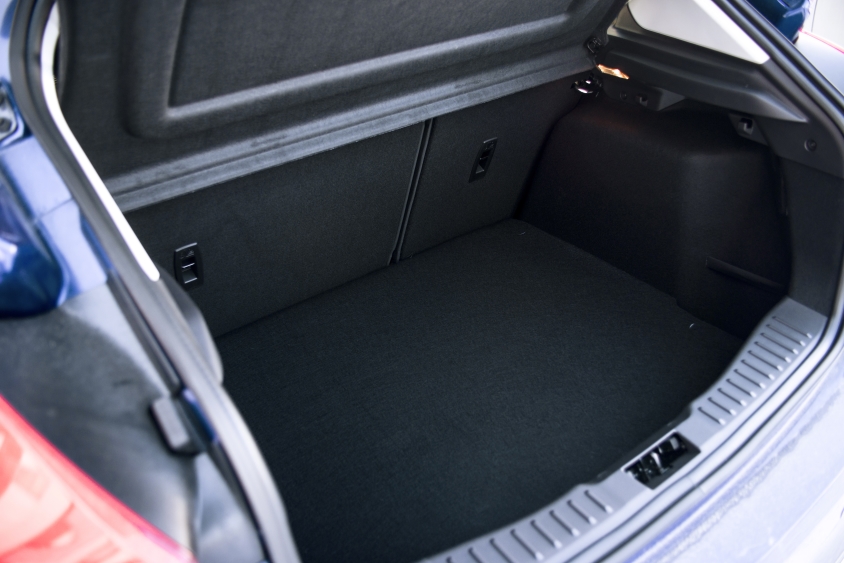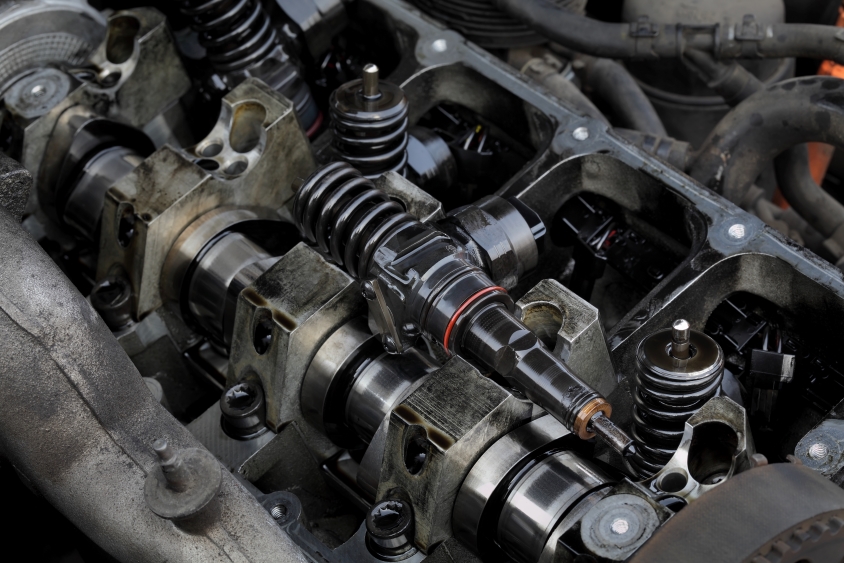There are various costs involved in owning and running a car, some of which you have more control over than others.
When it comes to fuel expenses, the good news is that there are a number of measures you can take to reduce the amount you spend.
You can be vigilant and keep your eye out for particularly low prices at the garages near you, and you can stick to efficient driving practices and positive habits to get maximum mileage out of every tank.
Another step you can take is to ensure your tyres are always in the best condition, which can have a big impact on how much fuel the engine requires to get the vehicle moving.
How tyres affect fuel consumption
The RAC points out that regular servicing and maintenance contributes to the overall efficiency of your vehicle, helping you optimise your fuel consumption. Making sure your tyres are inflated to the correct pressure is one of the most important checks to make, since incorrectly inflated tyres will adversely affect fuel economy.
If your tyres are underinflated, the surface area of rubber in contact with the road increases, which results in more drag on the wheels. Consequently, the engine has to work harder to move the wheels and uses more fuel.
Past research has shown that if your tyres are just 10 PSI under the recommended pressure level, your fuel consumption could increase by 2.5 per cent.
It’s also important to remember that the level of pressure you need in your tyres is related to the load you’re carrying. If you’re about to embark on a long drive with four passengers and lots of luggage in the boot, for example, you’ll want to inflate the tyres to the maximum recommended pressure to get the best fuel economy.
Other fuel efficiency tips
Making sure your tyres are in good condition and inflated to the correct pressure isn’t the only thing you can do to boost your car’s fuel efficiency.
Other useful steps include:
- Reducing excess weight by getting rid of things you don’t need, like a roof rack that hasn’t been used for years or unnecessary items in the boot.
- Limiting drag on the car, which you can do by closing the windows when you’re driving at high speeds.
- Planning trips in advance, so you know where you can fill up. This will help you pinpoint the garages with the lowest prices and also avoid refuelling at the last minute, which could cause you to panic and get more fuel than you actually need.
- Ensuring all acceleration is gentle and driving in the highest gear possible within the speed limit. Excessive speed is the enemy of fuel economy.
It’s generally a good idea to make sure your car is well maintained and running efficiently to get maximum mileage out of every tank of fuel.
You can keep up to date with your maintenance and servicing easily with MyService.Expert from Fuel Card Services.





